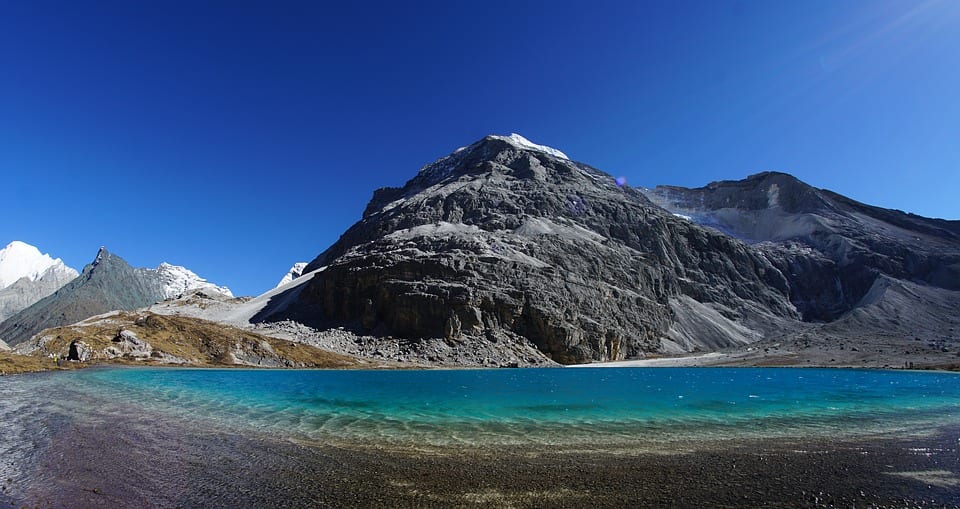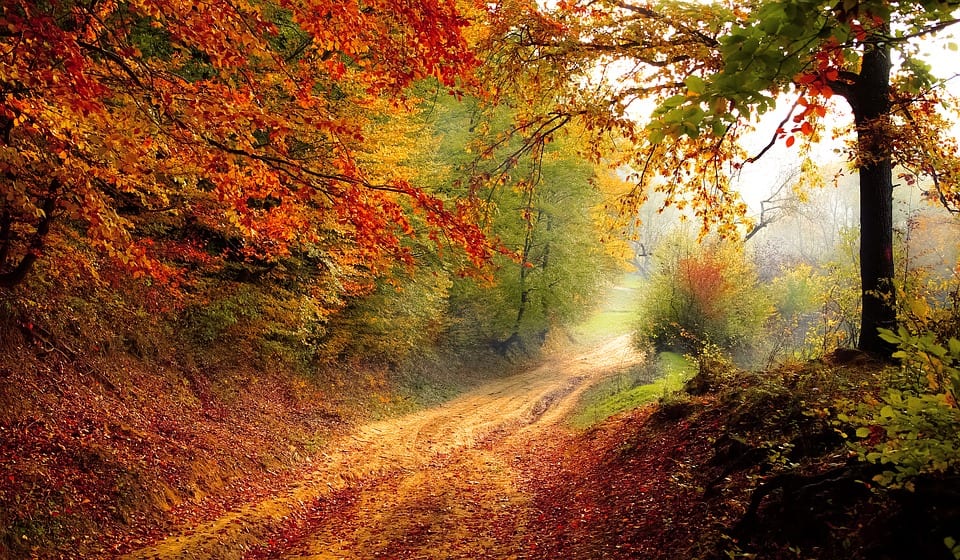Trending Now
It’s never easy to ponder what will happen to your body after you pass away, but it’s important to consider the different options that are out there. We live in an age when eco-friendly products and lifestyles are extremely popular, so why not give your corpse the same consideration?
Many people don’t realize that both cremation and burial pose hazards to the environment. One cremation uses as much gas and electricity as a 500-mile road trip, emitting about 250 pounds of carbon dioxide. To put it another way, that’s the same amount that the average American home produces over the course of six days.

Photo Credit: Pixabay
A traditional burial is even worse for the environment. Every year, caskets and other materials associated with burials use 100,000 tons of steel, 1.5 million tons of concrete, 77,000 trees, and over 4 million gallons of embalming fluid.
If that all sounds depressing to you, you’re in luck! Natural internment is making a comeback. Here are 3 eco-friendly options for all of us after we pass on to the other side:
Aquamation

Photo Credit: iStock
Also known as water cremation, the body is placed into a stainless steel receptacle filled with a solution of water and potassium hydroxide and sodium hydroxide. During a 20-hour process, the body is dissolved by a combination of rushing alkaline waters and 350-degree temperatures. The remaining skeleton is ground up into a powder and given to the family of the deceased. The process is legal in 15 U.S. states.
Body Farms

Photo Credit: FBI
You can donate your body to be used for study by forensic anthropologists on a body farm. These research centers allow bodies to decompose in a number of different ways in the natural elements, so that detectives and scientists can continue honing their forensic knowledge. Science has already learned a great deal from the 7 body farms currently operating in the U.S.
Sky Burial

Photo Credit: Pixabay
This practice is common in Tibet and surrounding areas, although it’s a little tough imagining it gaining ground in the West. Buddhists allow dead bodies to be exposed to the elements and eaten by vultures in a ritual that they believe will bring good karma. The Buddhists believe the act will help the person move on to the next life – by removing their physical body, they won’t be held back. The ritual also serves a practical purpose: the area lacks wood, and its rocky earth makes it difficult to dig graves.
h/t: Mental Floss






